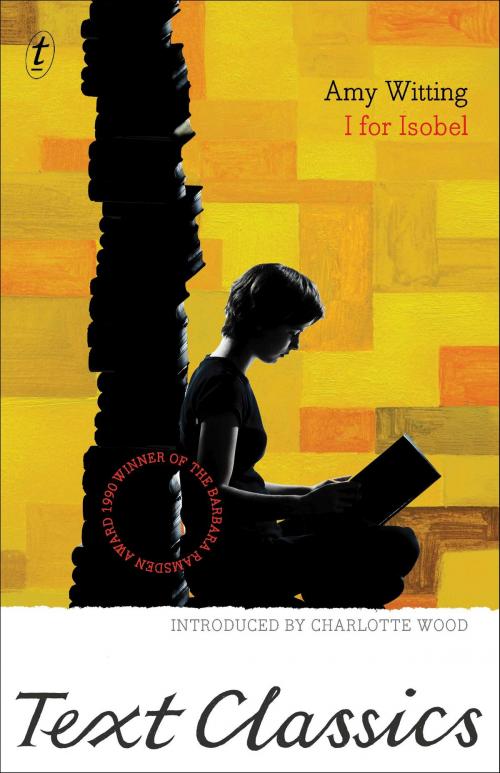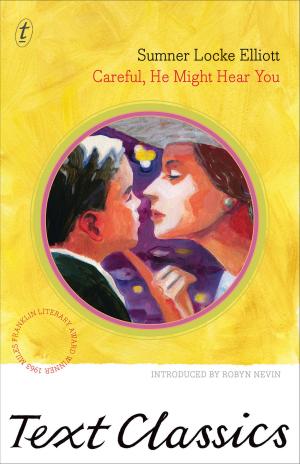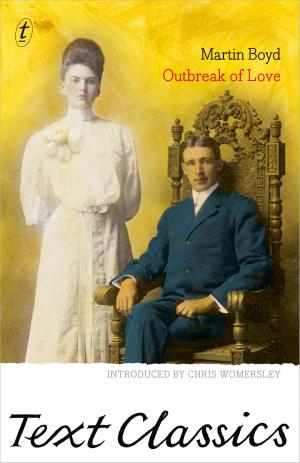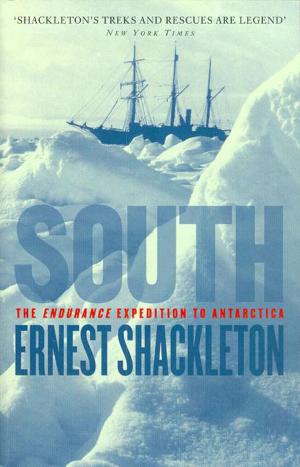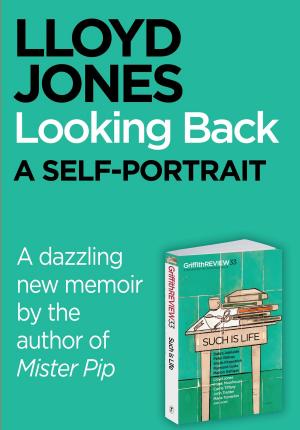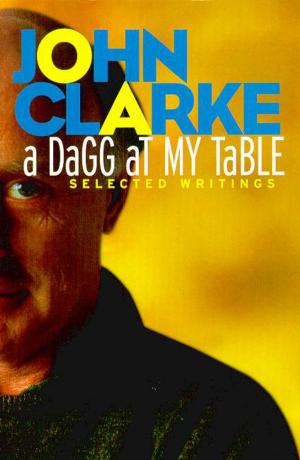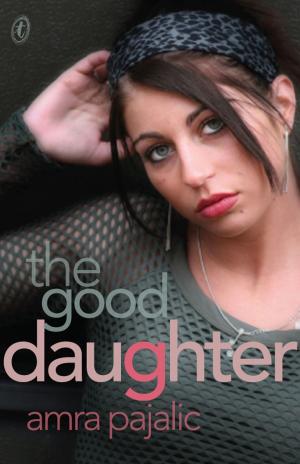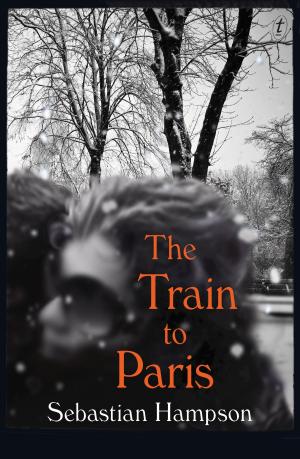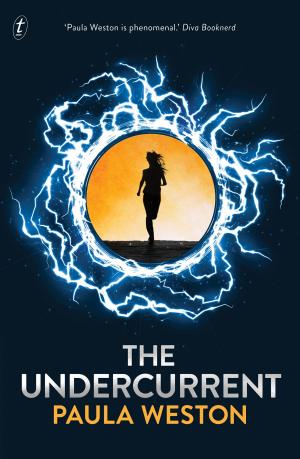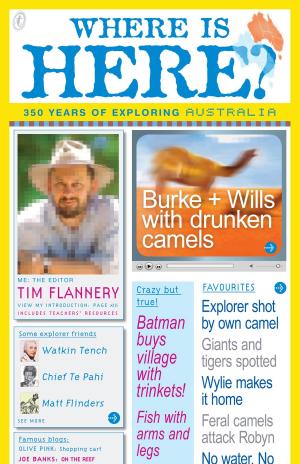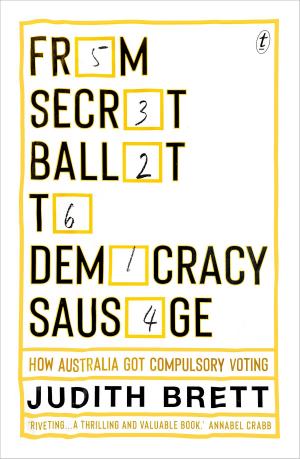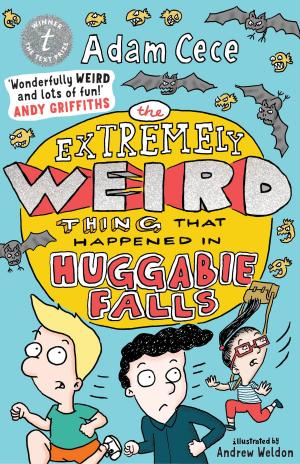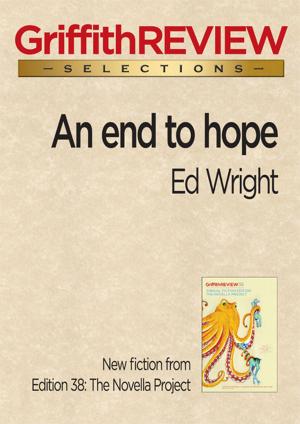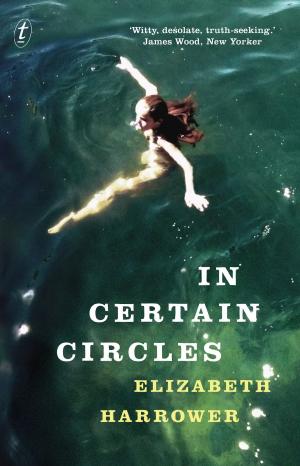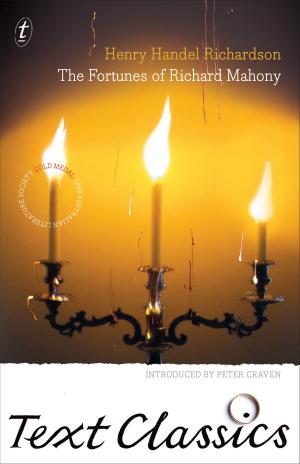| Author: | Amy Witting | ISBN: | 9781922148742 |
| Publisher: | The Text Publishing Company | Publication: | January 29, 2014 |
| Imprint: | Text Publishing | Language: | English |
| Author: | Amy Witting |
| ISBN: | 9781922148742 |
| Publisher: | The Text Publishing Company |
| Publication: | January 29, 2014 |
| Imprint: | Text Publishing |
| Language: | English |
Winner of the Barbara Ramsden Prize, 1990.
This was life: no sooner had you built yourself your little raft and felt secure than it came to pieces under you and you were swimming again.
Born into a world without welcome, Isobel observes it as warily as an alien trying to pass for a native. Her collection of imaginary friends includes the Virgin Mary and Sherlock Holmes. Later she meets Byron, W.H. Auden and T.S. Eliot. Isobel is not so much at ease with the flesh-and-blood people she meets, and least of all with herself, until a lucky encounter and a little detective work reveal her identity and her true situation in life.
I for Isobel, a modern-day Australian classic, was followed by Isobel on the Way to the Corner Shop, winner of the Age Book of the Year Award.
Amy Witting was born in Annandale, an inner suburb of Sydney, in 1918. She attended Sydney University, then taught French and English in state schools. Beginning late in life she published six novels, including The Visit, I for Isobel, Isobel on the Way to the Corner Shop and Maria's War; two collections of short stories; two books of verse, Travel Diary and Beauty is the Straw; and her Collected Poems.
'When we come to write the history of Australian writing in the twentieth century, the strange case of Amy Witting will be there to haunt us. Here is a writer who not only has great gifts - the kind of expert and mimetic gifts that would impel instant recognition from someone who admired a fine-lined American naturalist like William Maxwell - but a realist who has an effortless immediacy and a compelling sense of drama that should have ensured the widest kind of appeal, the sort of appeal that Helen Garner could command in her fiction-writing days. And yet this woman who published in the New Yorker and commanded the respect of Kenneth Slessor was scarcely encouraged during the long grey sleep of Australian fiction publishing. It wasn't until the publication of *I for Isobel...*that Witting gained a national profile.' Peter Craven
'Australia's Amy Witting is comparable to Jean Rhys, but she has more starch, or vinegar. The effect is bracing.' New Yorker
'Isobel is instinctively searching for a lost part of her substance, the very memory of which has been obliterated. Prompted by her inexplicable sense of loss, she goes on her way, deviating, baffled, yet rejecting substitutes. To call the ending happy is to say both too much and too little. Was the lost part also searching for her? Amy Witting's admirers will find this novel as distinctive and compelling as her stories and her poetry.' Jessica Anderson
'[Witting] lays bare with surgical precision the dynamics of families, sibling, students in coffee shops, office coteries. One sometimes feels positively winded with unsettling insights. There is something relentless, almost unnerving in her anatomising of foibles, fears obsessions, private shame, the nature of loneliness, the nature of panic.' Janette Turner Hospital
'A beautifully but unobtrusively honed style, a marvellous ear for dialogue, a generous understanding of the complex waywardness of men and women.' Andrew Riemer
'Terrific - incredibly wise...When I finished it I went straight back to the first page.' Cate Kennedy
Winner of the Barbara Ramsden Prize, 1990.
This was life: no sooner had you built yourself your little raft and felt secure than it came to pieces under you and you were swimming again.
Born into a world without welcome, Isobel observes it as warily as an alien trying to pass for a native. Her collection of imaginary friends includes the Virgin Mary and Sherlock Holmes. Later she meets Byron, W.H. Auden and T.S. Eliot. Isobel is not so much at ease with the flesh-and-blood people she meets, and least of all with herself, until a lucky encounter and a little detective work reveal her identity and her true situation in life.
I for Isobel, a modern-day Australian classic, was followed by Isobel on the Way to the Corner Shop, winner of the Age Book of the Year Award.
Amy Witting was born in Annandale, an inner suburb of Sydney, in 1918. She attended Sydney University, then taught French and English in state schools. Beginning late in life she published six novels, including The Visit, I for Isobel, Isobel on the Way to the Corner Shop and Maria's War; two collections of short stories; two books of verse, Travel Diary and Beauty is the Straw; and her Collected Poems.
'When we come to write the history of Australian writing in the twentieth century, the strange case of Amy Witting will be there to haunt us. Here is a writer who not only has great gifts - the kind of expert and mimetic gifts that would impel instant recognition from someone who admired a fine-lined American naturalist like William Maxwell - but a realist who has an effortless immediacy and a compelling sense of drama that should have ensured the widest kind of appeal, the sort of appeal that Helen Garner could command in her fiction-writing days. And yet this woman who published in the New Yorker and commanded the respect of Kenneth Slessor was scarcely encouraged during the long grey sleep of Australian fiction publishing. It wasn't until the publication of *I for Isobel...*that Witting gained a national profile.' Peter Craven
'Australia's Amy Witting is comparable to Jean Rhys, but she has more starch, or vinegar. The effect is bracing.' New Yorker
'Isobel is instinctively searching for a lost part of her substance, the very memory of which has been obliterated. Prompted by her inexplicable sense of loss, she goes on her way, deviating, baffled, yet rejecting substitutes. To call the ending happy is to say both too much and too little. Was the lost part also searching for her? Amy Witting's admirers will find this novel as distinctive and compelling as her stories and her poetry.' Jessica Anderson
'[Witting] lays bare with surgical precision the dynamics of families, sibling, students in coffee shops, office coteries. One sometimes feels positively winded with unsettling insights. There is something relentless, almost unnerving in her anatomising of foibles, fears obsessions, private shame, the nature of loneliness, the nature of panic.' Janette Turner Hospital
'A beautifully but unobtrusively honed style, a marvellous ear for dialogue, a generous understanding of the complex waywardness of men and women.' Andrew Riemer
'Terrific - incredibly wise...When I finished it I went straight back to the first page.' Cate Kennedy
